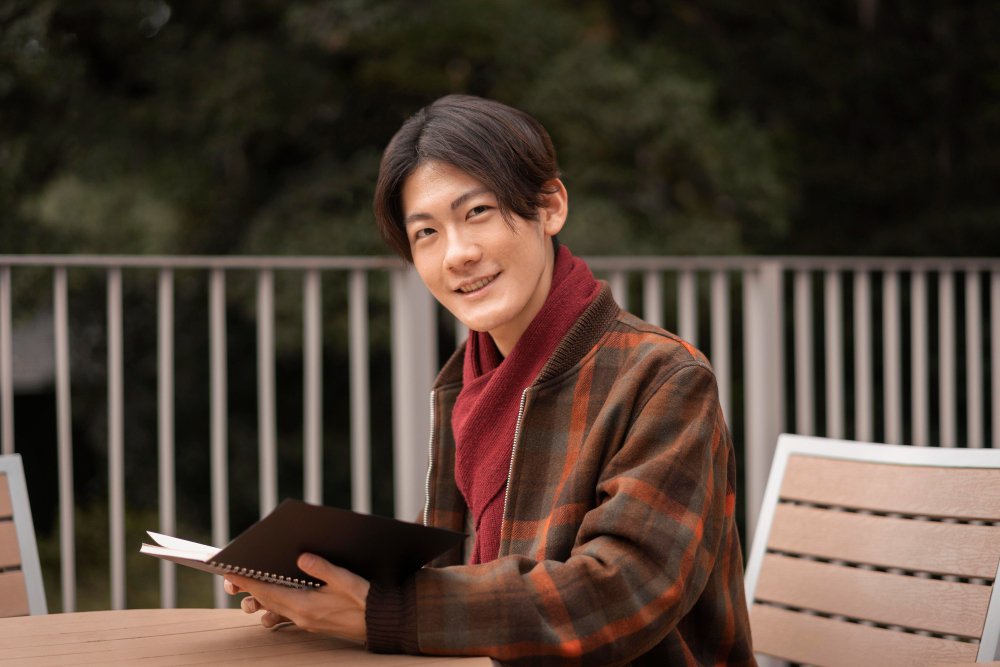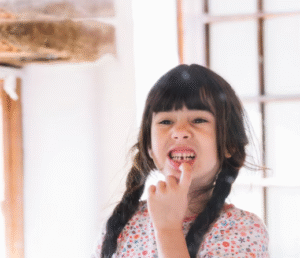South Korea is home to a growing number of centenarians — people who live 100 years or more — and their lifestyles hold valuable lessons for anyone seeking long-term health, energy, and peace of mind.
While genetics play a role, researchers and wellness experts agree that daily habits, community, and mindset are the most powerful predictors of longevity.
In 2026, as longevity clinics and wellness centers across Korea study these remarkable individuals, one message stands out clearly: healthy aging is built one small habit at a time.
Let’s explore the daily routines, diet, and mindset of Korean centenarians — and how you can bring their wisdom into your own life.
The Korean Approach to Longevity
In traditional Korean culture, aging is celebrated, not feared. Elders are seen as symbols of wisdom and emotional stability.
This respect for age is deeply linked to a lifestyle centered on moderation, balance, and connection — values rooted in both Confucian philosophy and Eastern medicine.
Korean centenarians often live in rural or coastal areas, surrounded by nature, with diets rich in local ingredients and strong community bonds. Their approach to health focuses on prevention, harmony, and slow living, rather than chasing quick fixes.
1. Balanced, Plant-Based Diets
One of the clearest secrets of Korean longevity is their traditional diet, known for being light, nutrient-rich, and naturally balanced.
Centenarians rarely eat processed or fast food. Instead, their daily meals focus on variety and moderation.
- ❂ Plenty of vegetables — especially fermented ones like kimchi, which aid digestion and strengthen the immune system.
- ❂ Moderate protein intake from tofu, fish, beans, and occasionally lean meat.
- ❂ Whole grains such as barley and brown rice that stabilize blood sugar and provide lasting energy.
- ❂ Herbal teas and broths that hydrate and deliver minerals gently to the body.
- ❂ Low salt and sugar consumption, which helps prevent hypertension and diabetes.
This natural, colorful way of eating keeps the body light, the mind clear, and the gut microbiome healthy — a key factor in longevity.
2. Consistent Daily Movement
You won’t find many Korean centenarians in gyms, but they move constantly throughout the day.
Walking to local markets, gardening, doing household chores, or stretching at sunrise are common habits that keep their muscles active and joints flexible.
Many practice gentle traditional exercises, such as Taekkyeon (a rhythmic Korean martial art), Tai Chi, or simple breathing and stretching routines.
Regular movement helps maintain balance, reduce inflammation, and improve blood circulation — all essential for long-term health.
- ⚪ Walk or move lightly every hour. Avoid long periods of sitting.
- ⚪ Stretch in the morning and evening. Keep your spine and hips flexible.
- ⚪ Do small physical tasks with purpose. Cleaning, cooking, or gardening can be mindful exercise.
3. Mindful Eating and Slow Living
Unlike the fast-paced modern diet culture, Korean centenarians eat slowly and gratefully. Meals are often shared with family or neighbors, creating a sense of community and emotional nourishment.
They chew thoroughly, appreciate flavor, and stop eating when about 80% full, following the Eastern principle of moderation.
This mindful approach improves digestion, prevents overeating, and reduces metabolic stress on the body.
The same principle applies to life pace — slow living, where rest and reflection are as important as productivity. Many elders begin and end their day with quiet tea rituals or prayer, keeping both heart and mind at peace.
4. Strong Sense of Community
In Korea, community is medicine.
Loneliness is rare among centenarians because they remain socially active — visiting neighbors, attending small group gatherings, or helping younger relatives.
They value interdependence over independence, maintaining purpose through contribution and connection.
Researchers note that this social belonging lowers cortisol levels, supports cognitive health, and promotes emotional resilience.
Even simple acts — like sharing food or daily conversation — strengthen a sense of meaning that extends life quality and duration.
- ❂ Call or visit family regularly. Connection is vital nourishment.
- ❂ Join a local group or hobby circle. Shared purpose keeps the mind sharp.
- ❂ Practice gratitude toward your community. A thankful attitude supports emotional balance.
5. Restful Sleep and Natural Rhythms
Most Korean centenarians go to bed early and wake up early, aligning their sleep with natural daylight cycles.
They often take short afternoon rests, allowing the body to recharge without overstimulation.
Unlike many younger generations, they limit digital distractions and maintain quiet bedtime rituals — herbal tea, stretching, or gentle meditation before sleep.
Good sleep supports cell repair, hormone balance, and brain detoxification, all vital for longevity.
6. Emotional Calm and Optimism
A defining trait of long-living Koreans is emotional resilience. They have endured wars, poverty, and cultural shifts, yet they maintain inner peace and gratitude.
They often repeat phrases of acceptance such as “괜찮아” (it’s okay), reflecting a mindset that lets go of unnecessary stress.
Their emotional calm comes from spiritual practice, strong family ties, and a deep belief that life unfolds as it should.
Practicing forgiveness, contentment, and gratitude keeps their mental state stable, which in turn keeps inflammation and disease at bay.
- ⚪ Begin each day with gratitude. Reflect on three things you’re thankful for.
- ⚪ Practice patience. Avoid emotional overreactions and maintain perspective.
- ⚪ Limit exposure to negative media or gossip. Protect your inner peace.
7. Connection with Nature
Many Korean centenarians still live in rural environments surrounded by mountains, rivers, and open air. They tend small gardens, pick vegetables, and walk barefoot on the soil.
Nature is their daily companion — a constant reminder of life’s cycles and simplicity.
Even in modern urban settings, bringing nature into your life — through plants, sunlight, or outdoor walks — has been shown to lower blood pressure and improve emotional well-being.
Fresh air, morning light, and green surroundings help regulate circadian rhythm and strengthen immune function naturally.
8. Purpose and Lifelong Learning
Perhaps the most powerful shared habit among centenarians is having a reason to wake up each morning.
Whether caring for grandchildren, gardening, volunteering, or making traditional crafts, they keep themselves engaged with purpose and curiosity.
Purpose gives the brain direction, boosts dopamine, and keeps the spirit active. Lifelong learning — reading, storytelling, or learning new skills — keeps the mind young.
- ❂ Stay curious. Read, explore, or pick up a new hobby.
- ❂ Contribute to others. Purpose often grows from helping someone else.
- ❂ Celebrate small progress. Joy in daily effort adds meaning to life.
Final Thoughts
Korean centenarians prove that longevity isn’t about magic supplements or strict diets, but about harmony — in food, movement, relationships, and mindset.
Their secret lies in simplicity and consistency: eat cleanly, move naturally, rest deeply, connect with others, and nurture peace within.
If you adopt even a few of these habits — mindful eating, daily movement, gratitude, and community connection — you’ll not only improve your health but also your sense of joy and purpose.
Longevity is not just about adding years to life, but adding life to your years — and that’s the true lesson from Korea’s long-living elders.













